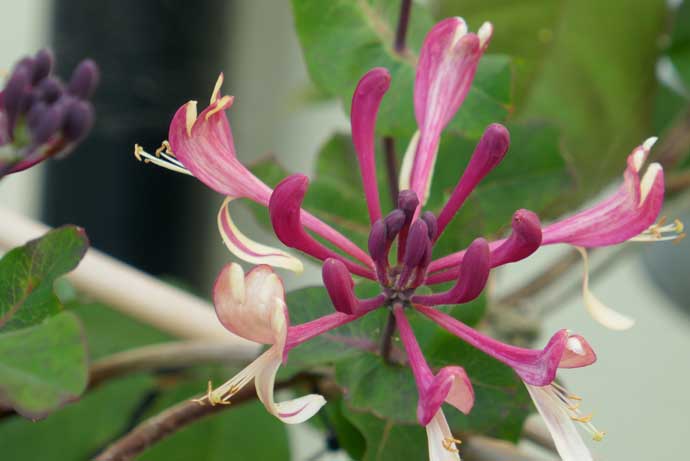I’ve spent a good part of this season's shopping break re-reading Victor Frankl’s Man’s Search for Meaning (Beacon Press, 1946), which tells us that what matters is not so much our situation but our response to our situation – finding beauty in a sunrise, even in a concentration camp; seeing the beauty in frozen trees even on a forced march (“say yes to life” was part of the book's original title*) – and I have lately read Francis Spufford’s Unapologetic: Why, despite everything, Christianity can still make surprising emotional sense (Faber and Faber, 2012), which I mentioned here a week ago. Spufford’s notion of “emotional sense” rises above the small print of any doctrine.
So what if life doesn’t make sense? Maybe it does, and maybe we could just accept that we’re not adequate to the task of making sense of it. So what if life doesn’t have any meaning? Well, on that one I’d argue with myself: perhaps life does intrinsically have meaning, but perhaps nevertheless the safer path is to accept the task of looking for our own personal meaning wherever our “looking” takes us – in my case at this moment, inconveniently, to a printer sitting on an armchair waiting to be plugged in because I want to print out some documents later.
I remember that 1923 poem by William Carlos Williams, originally titled XXII:
So much depends
upon
a red wheel
barrow
glazed with rain
water
beside the white
chickens.
You can read up on meanings, interpretations, et cetera, for that one, and you can find out that the poet was a doctor who glanced out of a window to see a wheelbarrow and some chickens while attending to a sick girl, and you can find out that the wheelbarrow was actually the girl's toy, and you can find out that the poet saw the wheelbarrow and the chickens in a friend’s back yard ... and you can be told by a critic that the poem is a meditative poem. Oh, right.
You can be given explanations that sort of work as meanings, sort of work, although they’ve been inserted between you and the poem and you don't feel them.
Or you can just go with the wheelbarrow, the glazing of (recent?) rain and the chickens. Just go with the life in it, the picture in your mind. A man wrote about those chickens ninety-four years ago and here we are talking about them now. Not very much depends upon my printer and my armchair beside a window glazed very slightly with condensation, but I’m content to go with the word “meaning” to describe whatever it is about that wet wheelbarrow that stays in my memory.
And those white chickens.
* ...trotzdem Ja zum Leben sagen: Ein Psychologe erlebt das Konzentrationslager:
Maybe I mean rubbish reclassification. I mentioned that idea of using ground-up plastic bottles to make smart road surfaces - overlays full of AI/IT/sensors/tech stuff to communicate with driver-less smart cars passing overhead ("Stop here! That colour is red! When are you going to learn?") - over coffee with a friend yesterday, and the immediate response was first "They're too degraded" and only then "I've heard that before," which I think says something about human nature (sic; think about that phrase), but I think the point stands that if we told big whale-catching trawlers that plastic bottles were a valuable raw material, and we'd pay for them in bulk, we'd clear that sea area to the point of worrying about a shortage.
Can't we think of anything to do with our natural environment? Our ancestors eventually worked out that they could use the wood around them to make fire. And the past was full of forests. Make houses out of plastic? Protein shakes out of supermarket waste?
Or are we too degraded?

